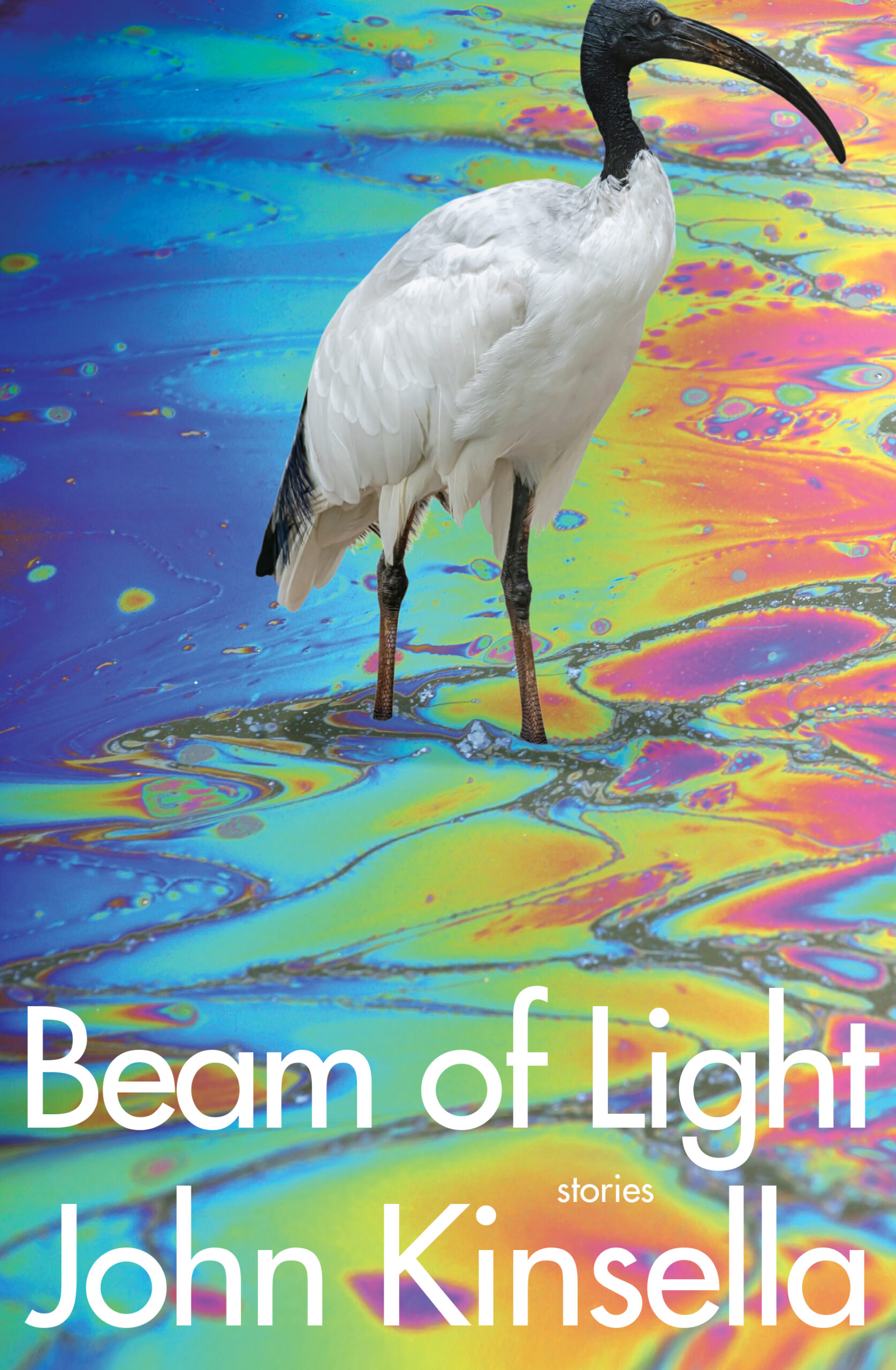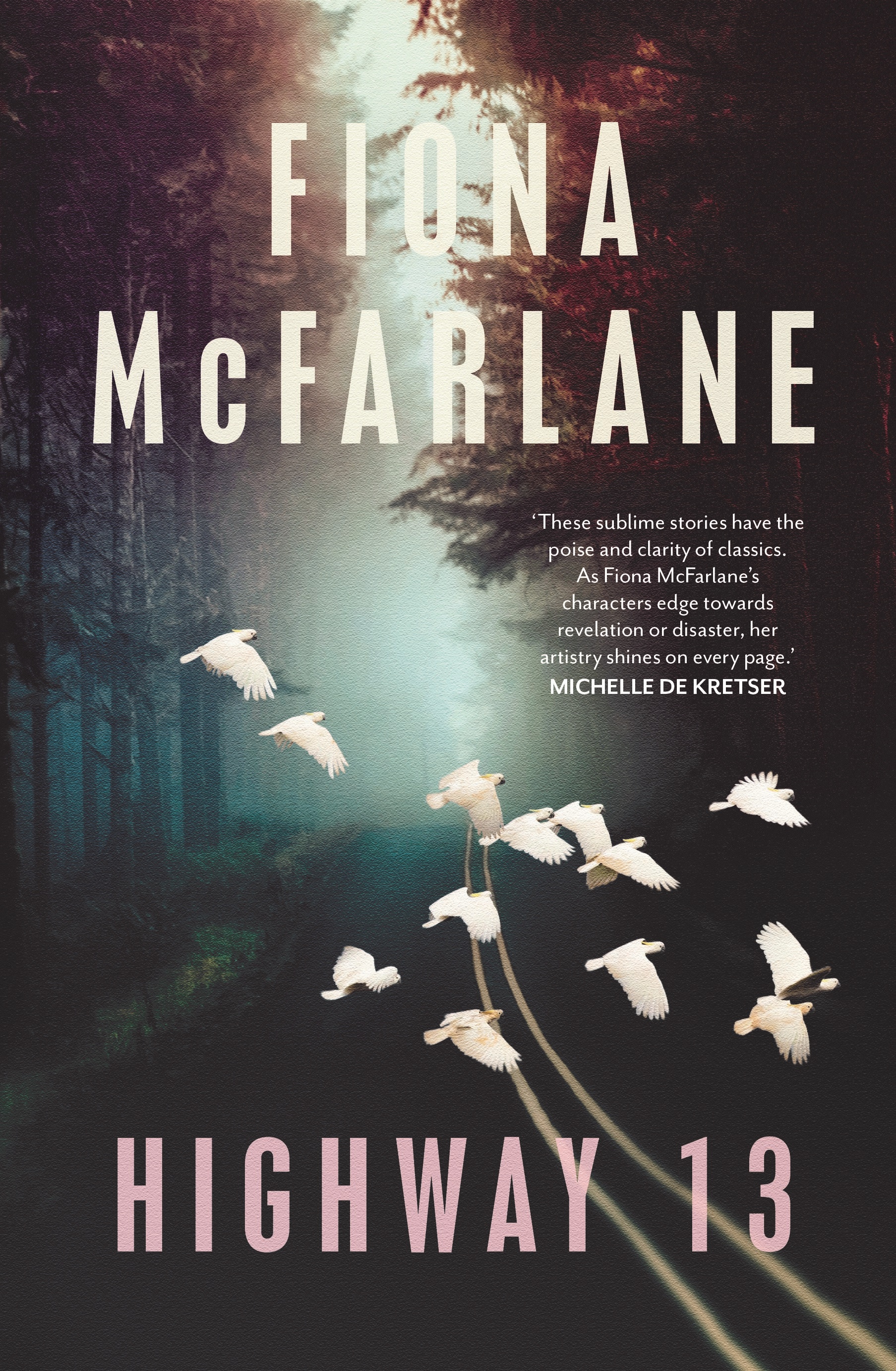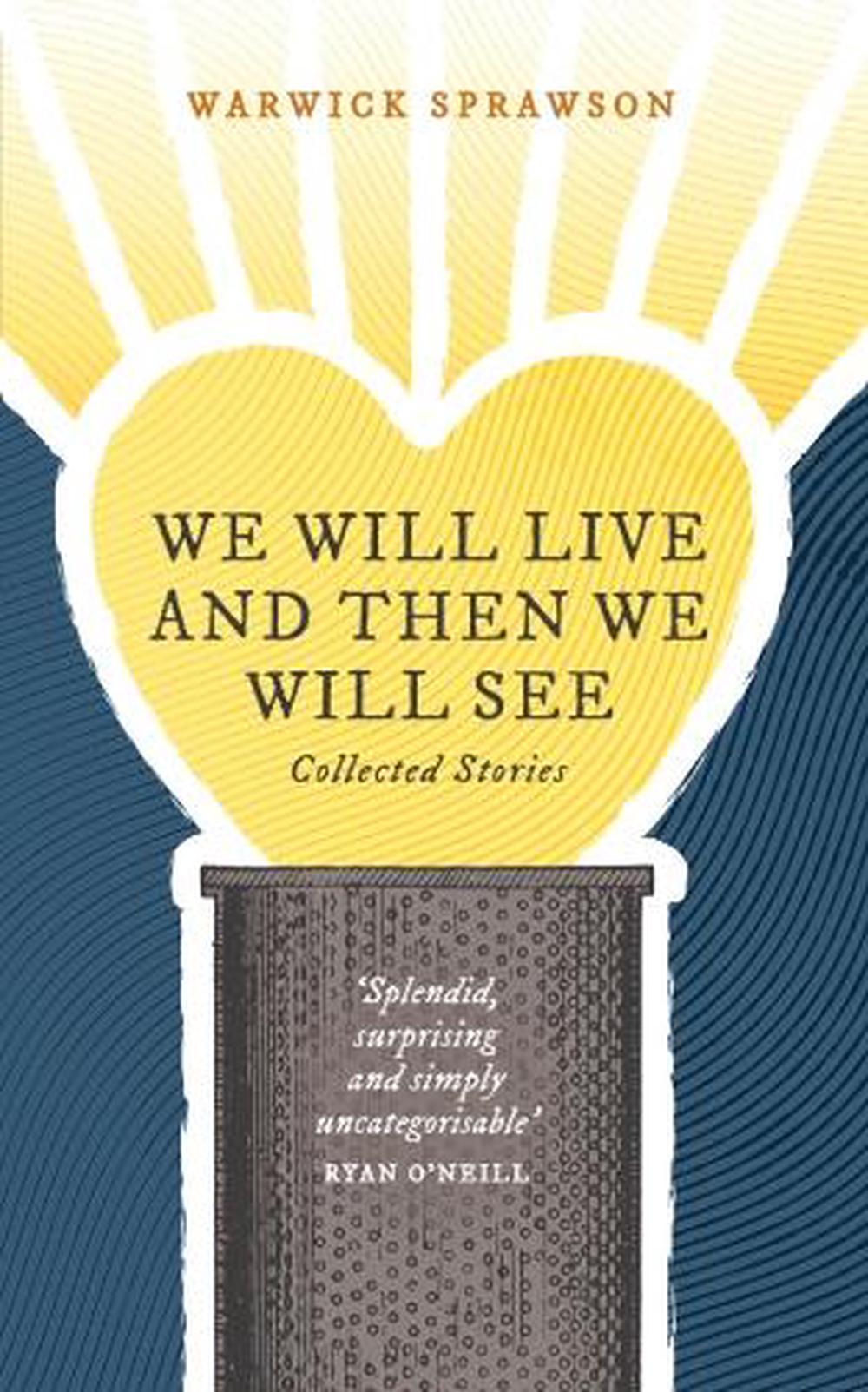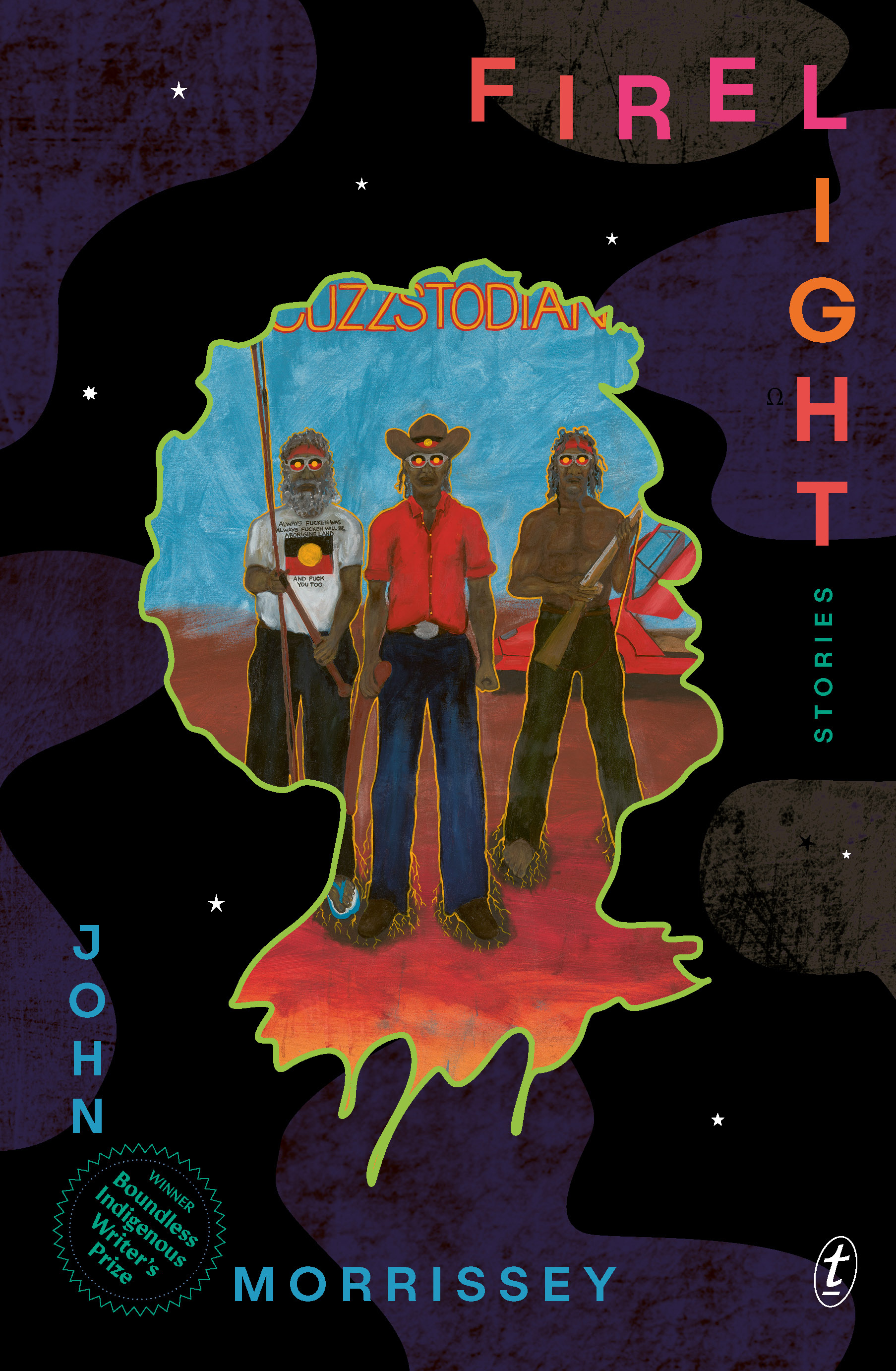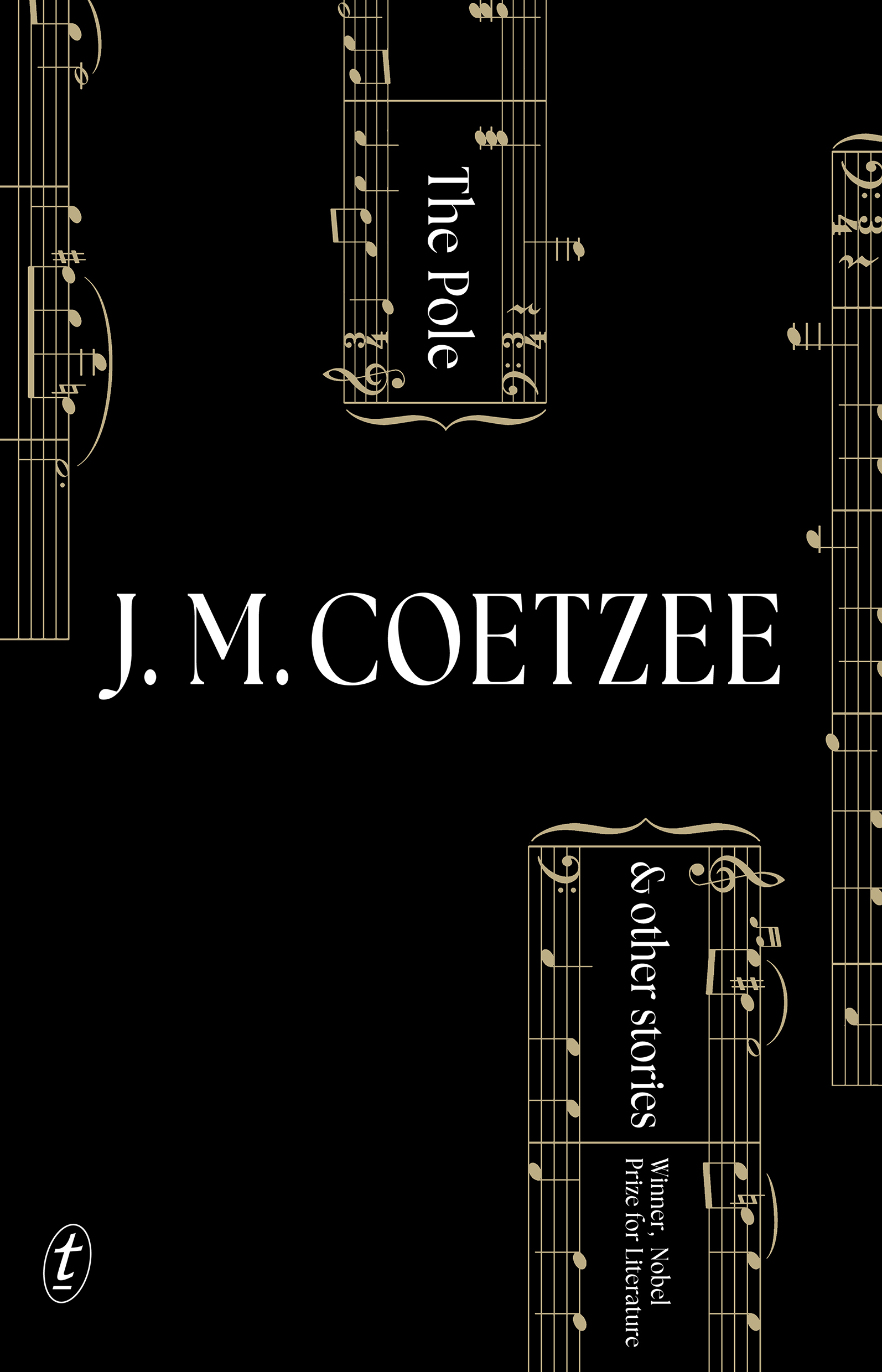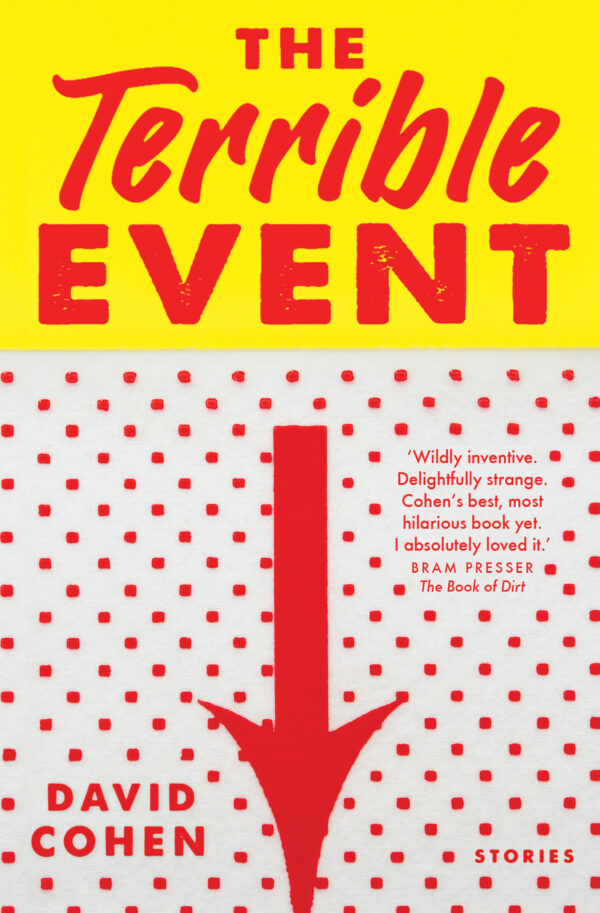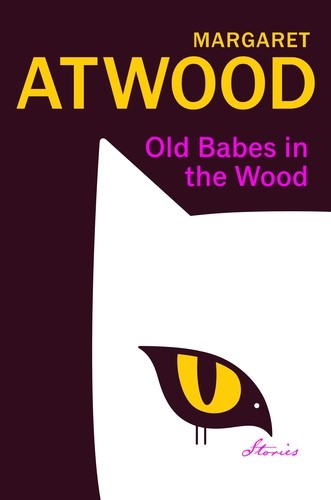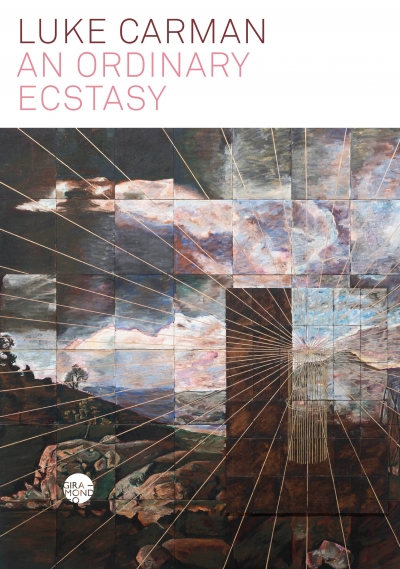Short Stories
Film | Theatre | Art | Opera | Music | Television | Festivals
Welcome to ABR Arts, home to some of Australia's best arts journalism. We review film, theatre, opera, music, television, art exhibitions – and more. To read ABR Arts articles in full, subscribe to ABR or take out an ABR Arts subscription. Both packages give full access to our arts reviews the moment they are published online and to our extensive arts archive.
Meanwhile, the ABR Arts e-newsletter, published every second Tuesday, will keep you up-to-date as to our recent arts reviews.
Recent reviews
We Will Live and Then We Will See by Warwick Sprawson & Big Weird Lonely Hearts by Allen C. Jones
This week, on the ABR podcast, literary critic and editor Geordie Williamson reviews J.M. Coetzee’s new short story collection The Pole and Other Stories. At the age of eighty-three Coetzee has again proved himself a ‘true and loving creator’, argues Williamson, by denying his characters endings or wholeness – ‘the great lie of art’. Listen to Geordie Williamson with ‘Last things: J.M. Coetzee’s antipodal forces’, published in the July issue of ABR.
... (read more)What is a short short story? More specifically, how short is it (or how long)? The most famous tiny example is attributed to Ernest Hemingway: ‘For sale: baby shoes, never worn.’ Whether he wrote this or not, it represents the gold standard in suggesting much in little. Like poetry, microstories or flash fictions allow no formal wobbling as authors tread a perilous tightrope between banality and inspired ingenuity.
... (read more)
